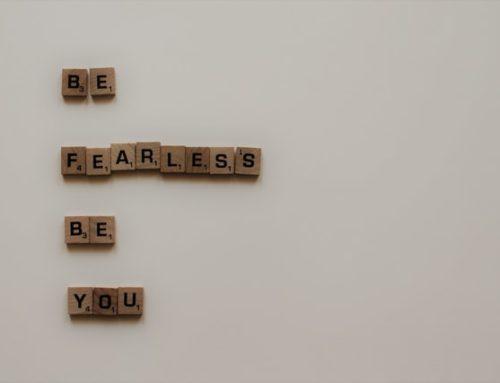Most likely you’ve heard the expression “going with your gut” or “following your heart” when one is faced with a significant decision.
These little tidbits of advice might seem deep and profound, but are they actually reliable?
For example, is it truly possible for your gut to know more than your brain?
After all, your brain is the center for analytical and logical thinking. Your gut does not hold such a title.
Also, consider the possibility that not everyone’s gut instincts are created equal. The same can be said of your brain, too.
So, how reliable is your gut in reality?
Your Gut and Your Brain
If you’re like most people, the term “your gut” probably has a fairly direct meaning to you. Generally speaking, it’s the feeling you first get when presented with information—like a deep down, physical sensation, of sorts.
That gut feeling you experience can easily set the tone for how you handle the information from then on.
Your brain, on the other hand, is not so forthright. Instead, it’s a mighty resource that tends to rely on systematic intellect rather than emotional reflex. Your gray matter is all about processing information in a thorough and rhythmic pattern.
The question remains of which one is more reliable—your brain power or your gut?
How Much Does Your Gut “Know”?
In determining how reliable your gut truly is, there are a few important factors to consider. The first is how knowledgeable are your instincts? Meaning, do you have any history regarding the decision you’re about to make?
For instance, if you’re purchasing new countertops, do you have experience with countertops? Maybe you’ve worked with granite slabs or perhaps you studied interior design before. Both scenarios would give the reliability of your gut a serious boost.
If you have knowledge about the information involved in your decision, then your gut tends to be more of a loyal resource. Your gut, in this case, would be stronger than someone else’s gut solely basing their instincts off of emotion. Feelings can be very powerful, but it’s wise to weight them against knowledge in a sort of checks and balance system.
The Strength of Social Feedback
Involving a close friend or two in your important decision can reap great rewards. While your gut might be swaying you in one direction, your trusted friends might prove to be a sounding board to help you keep balance. This is especially true is your decision is causing you any type of anxiety. – Let’s be real, most big decisions do cause some form of anxiety.
And anxiety has a tendency to blow things out of proportion and heighten your emotional response. By confiding in a few friends, you could provide the space your brain needs to process your decision. Your friends could also fill in the gaps of knowledge you may have simply by providing a reality check.
Plus, while talking with your friends you may just talk yourself through the whole decision process without even knowing it.
Instinct vs Your True Desire
It’s important to remember that what you desire now won’t always be the same as what you’ve desired in the past. Consider the reality that your gut might be operating on habit—in a sort of automatic reflex.
Like mentioned before, your feelings could be very strong. Why are they so strong, though? Could you be swaying your decision one direction because that’s what you’ve always done before?
Pause for a moment and ask yourself, “Is this what I truly want?”
Making a list of pros and cons or simply writing out your future goals can help you figure it out. Doing this will give both light and strength to your true wishes.
After considering various aspects, it seems that relying on both your gut and your brain is best. While each resource has its strength, the combination of the two is usually the most reliable. However, if you’re still having trouble with a very important decision in your own life, please don’t hesitate to seek out professional help.




